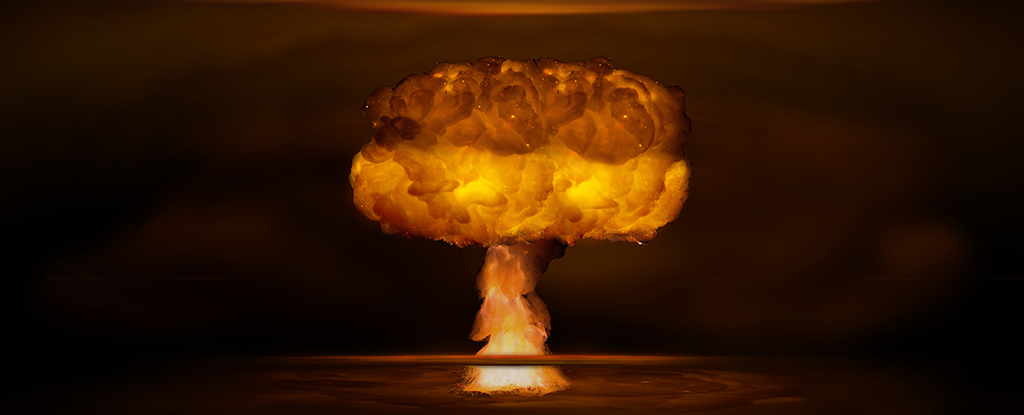The Chilling Reality of Nuclear Winter: A Global Food Crisis Awaits?

The Chilling Reality of Nuclear Winter: A Global Food Crisis Awaits?
Hey everyone,
I just came across this eye-opening article from ScienceAlert titled "A Nuclear Winter Could Destroy Much of The World's Food Supply", and it really got me thinking about the far-reaching consequences of nuclear conflict. We often hear about the immediate devastation of nuclear war, but this piece highlights a less-discussed impact: the potential for a global food crisis stemming from a nuclear winter.
The article presents a study that outlines how a nuclear war could trigger massive firestorms, sending soot into the atmosphere and blocking sunlight. This could lead to significant drops in temperatures and disrupt weather patterns, essentially creating a scenario where growing conditions for crops are severely compromised. It’s a sobering reminder that the fallout from nuclear warfare extends far beyond the immediate blast zone. The world could face widespread famine, even in regions that aren’t directly involved in the conflict.
What struck me most is the interconnectedness of our modern food systems. We often take for granted the global supply chains that bring food to our tables. A disaster like this wouldn't just affect a specific area; it could ripple across continents. Imagine countries heavily reliant on food imports facing shortages because key agricultural regions are devastated. This could exacerbate existing inequalities and push vulnerable populations to the brink.
It’s hard not to draw parallels with climate change discussions, where we frequently talk about “how the world is warming” and the impact on agriculture. But this nuclear winter scenario presents a stark, almost perverse twist on that narrative. Instead of warming temperatures leading to droughts and food insecurity, we could be looking at a sudden, unprecedented drop in temperatures and a different kind of agricultural collapse. It raises the question: are we prepared for the unpredictable nature of global crises, whether they’re caused by humans or nature?
Moreover, this article nudges us to consider the ethical implications of nuclear arsenals. If a single decision by a few individuals could lead to global agricultural failures, what does that say about our current geopolitical landscape? It feels like a reminder that we need to have serious conversations about nuclear disarmament and the need for international cooperation in crisis prevention.
And it’s not just about the immediate threat. We should think about how we can bolster our food systems against shocks, whether they arise from nuclear fallout or other disasters like pandemics and climate-related events. Resilient local food systems could play a crucial role in mitigating these risks, but do we have the political will to invest in them?
So, what do you all think? Are we doing enough to prepare for the wide-ranging consequences of nuclear conflict? How can we start to build resilience in our food systems now? And what role should international cooperation play in mitigating these risks?
Looking forward to hearing your thoughts!


No comments: